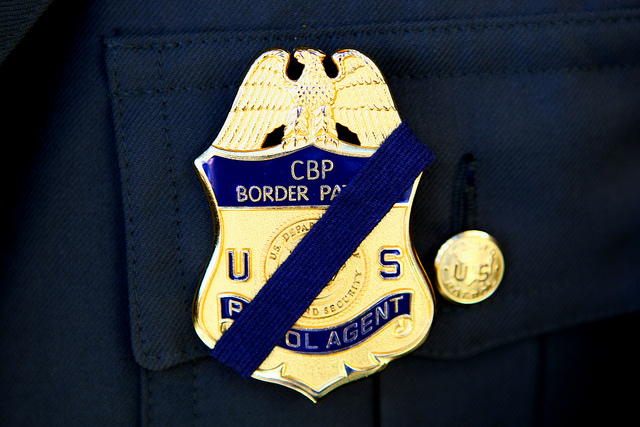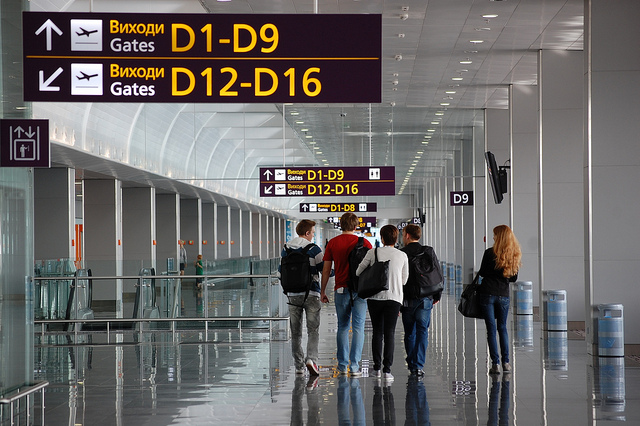
Bill was a world renowned and very accomplished sculptor and 3d artist in his country. In 2009, Bill decided to make his first visit to the United States. It was here, in the land of opportunity, that he was able to develop his craft further and had the unique opportunity to study animation, the marketing of sculptural art, and technologies in film production. Having already been working for a famous television station in his country, it was only fitting for him to expand his studies in these fields. As a professional artist with extraordinary skills, our client was eligible to file an O-1 visa and could very well obtain his permanent residency through this avenue. After seeking legal advice, Bill decided to go forward with the process of applying for an I-129 Petition for an alien with extraordinary abilities in the arts. While his application was pending, Bill decided to visit his aunt and cousins in Los Angeles. It was through his cousin that Bill would meet his future wife, Elizabeth. After various phone calls and emails, the two decided to meet, and it was indeed love at first sight for the pair. The couple found that they shared similar interests, had a similar background, traditions, and customs.
During the following months, the couple went on frequent outings together as well as with their family members. All seemed perfect. Bill was ready to pop the question and did so in a magical way in Laguna Beach, California. Elizabeth’s parents were not only supportive of Bill’s professional work; they welcomed him into their family as a son, and allowed him to live with Elizabeth in their home during their marriage. A few months after marrying, Elizabeth and Bill decided to file for Bill’s Adjustment of Status. Elizabeth was very enthusiastic about petitioning for Bill because she felt the process would be much quicker than that of the I-129 petition that was pending. Bill completely put his trust in Elizabeth and allowed her to take the reins on his adjustment of status application.
During their marriage, Bill began to see that his wife was not the person he believed her to be. She refused to work and would spend her days chatting with friends and playing computer games until the morning hours. He also began to realize that she had no regard for his financial situation and would spend the money he earned from his family and from freelancing, on luxurious items that were unnecessary expenses. A few months later, Bill heard that his father had been diagnosed with cancer and was fighting for his life. About this time, Bill was fortunate enough to have received his permanent resident card, so he was able to travel internationally without preoccupation. Devastated, Bill traveled to his country alone to support his inconsolable mother and help his family financially. Elizabeth had chosen to stay behind with her family. While he was back in his country dealing with the stress surrounding the terminal nature of his father’s condition, Bill began to receive unrealistic and threatening demands from Elizabeth.
 Visa Lawyer Blog
Visa Lawyer Blog






